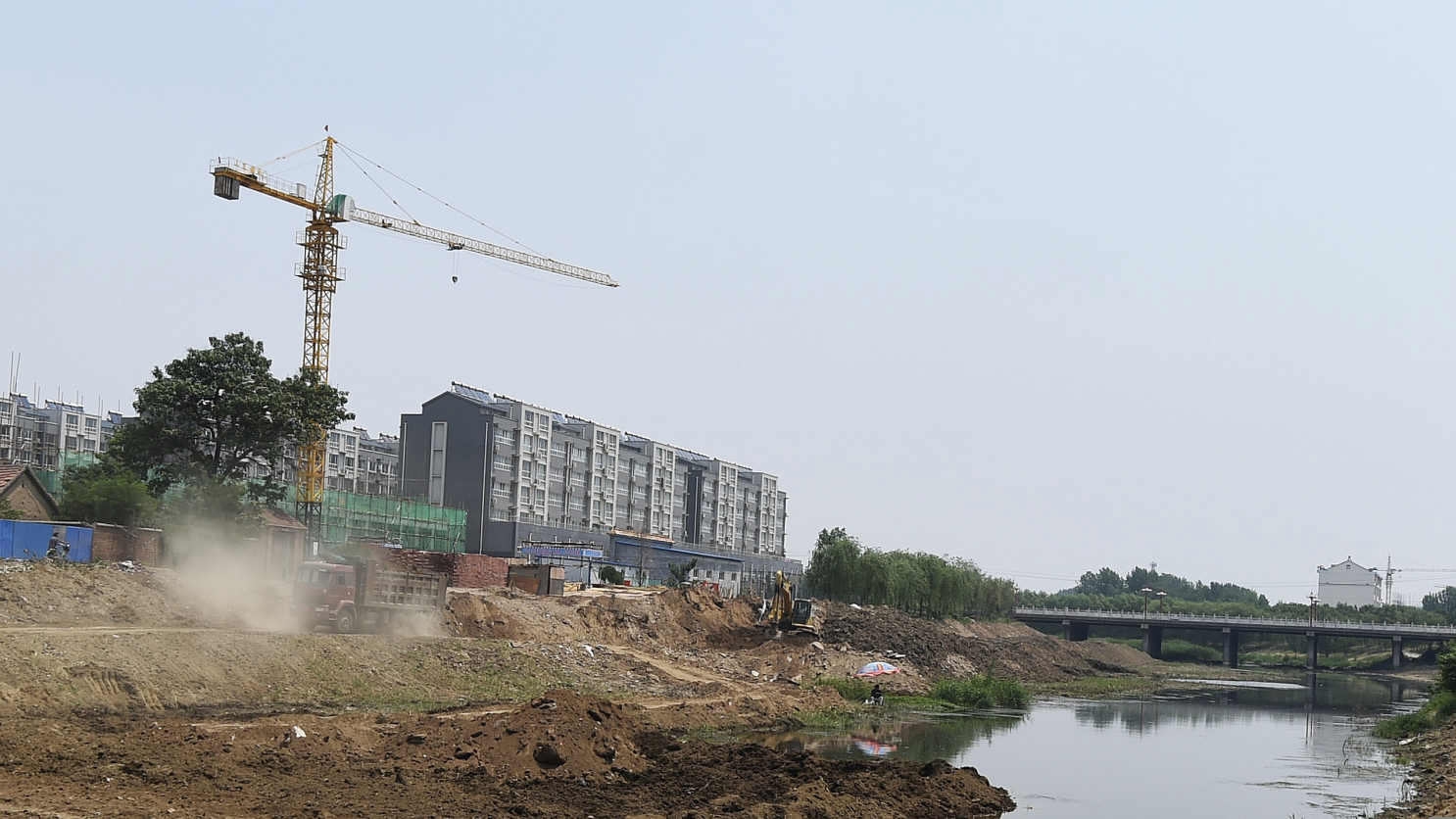A national soil monitoring network has been established in China, announced Qiu Qiwen, head of soil quality management at the Ministry of Environmental Protection (MEP) on Wednesday.
According to MEP, the network consists of about 20,000 quality control devices, which covers over 99 percent of the counties as well as 88 percent of main grain-growing areas in China. These devices will monitor the soil quality regularly by testing 12 soil indicators from physical, chemical and biological categories, said Qiu, adding that those devices are currently able to test about 98 percent of soil categories as well.

Chemical companies emit pollutant into the water. /VCG Photo
Qiu pointed out that the network is tasked to test and analyze the distribution of polluted farmland in China as well as the influence of heavy metals on land and grain. The land surrounding companies, who emit the major pollutant, will be the key monitoring targets.
By 2020, the network is expected to be expanded to more than 40,000 control devices. By then, all of the monitoring data will be available online to the public.
"In fact, in order to protect the soil quality and prevent further pollution, the State Council released a five-year environmental protection plan in 2016, to which the national soil monitoring network belongs. Meanwhile, China has already arranged a special budget of 9.89 billion yuan to support soil pollution control in 2016," said Qiu.

A bulldozer is moving garbage in a landfill. /VCG Photo
As a main step to protect China’s arable land as well as food security, the monitoring network will play an important role in the necessary basic data collection, which is crucial to soil pollution control and treatment.









